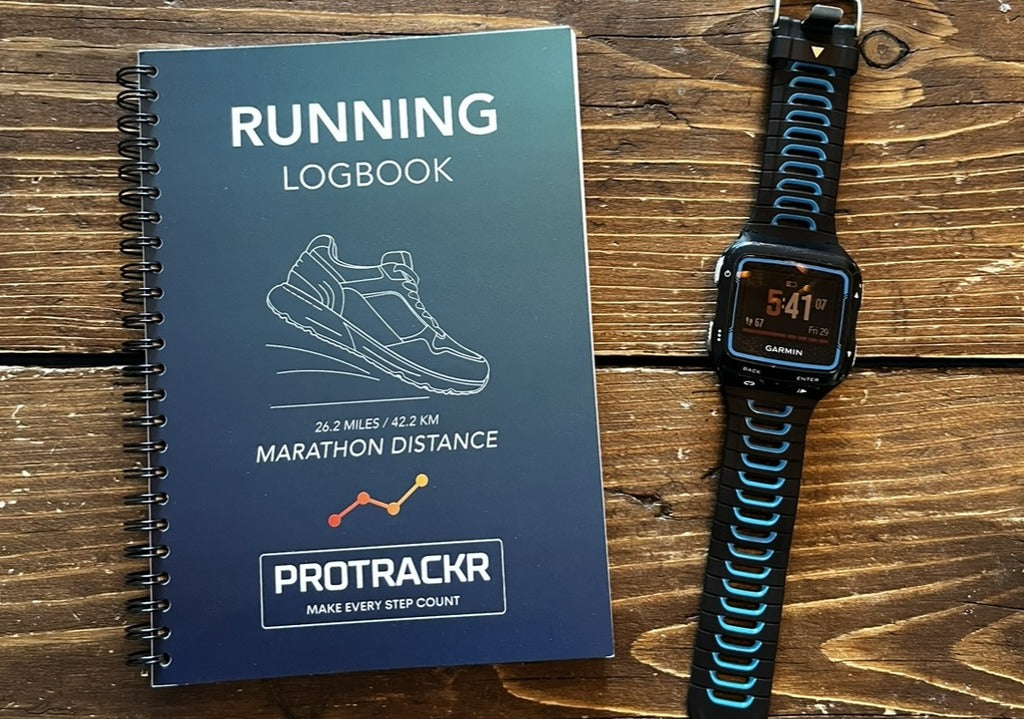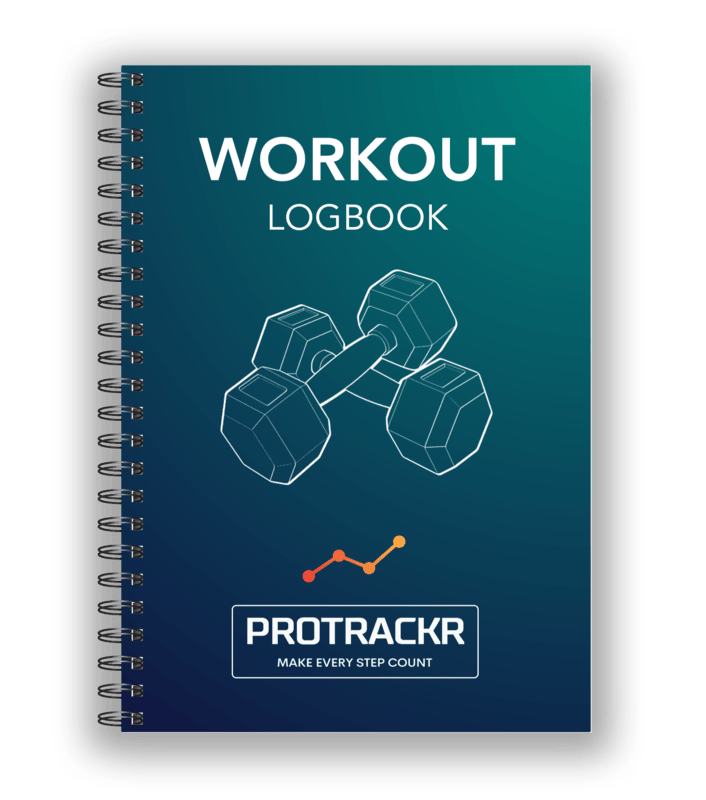
Why You Should Listen To Your Body As Well As Your Watch
The Tech Conundrum
In the ever growing world of next-gen wearables and AI coaching apps, it's easy to get caught up in the details and rely solely on our tech when preparing for endurance events.
No doubt these are all fantastic tools, but adopting them in our training often leads us to forget that our own training experiences are just as valid as the insights we get from our smart watch... After all, it's our bodies that have to get us round the race, not just our Garmin's.
We owe it to ourselves to record not just the metrics from our sessions, but also our preparations, observations, and reflections, so they are all waiting to be easily leveraged when we really need them.
Enter the Trusty Sports Logbook.
Okay admitted, it's not quite as exciting as Garmin's latest Spotify Watch with the Rose Gold Strap, but for what it lacks in high-tech buzz, it more than makes up for as a place to capture details that really matter when planning our next big session or race.
This may sound trivial, but ask yourself what's more useful to know when planning your A race? The speed you ran your longest run in training, or the nutrition and hydration you took and how you felt and performed as a result? Really, both are as important as each other, and that's exactly the point.
To effectively plan our next big session or race, we need to be able to look back at more than just Strava numbers. Critical information like how we felt on our long run after eating a Banana, what session we did before getting Shin Splints, and which brand of Shorts gave us chafe in the rain can make or break our race, and is easily forgotten if not recorded as and when it happens.
The Unseen Benefits
The Sports Logbook can help us to get more out of our training sessions than just fitness gains. Our sessions are unique opportunities to test and develop new nutrition, hydration, kit, and mental strategies, which we can build on week by week until we have a confident strategy for race day, but only if we record them as they happen - if we don't, how can we expect to remember, build on, and utilise these opportunities?
Aside from session details, a well designed Sports Logbook will also help us to capture the higher level aspects of training such as our goals and plan. We put countless hours into our training, and sometimes it can be easy to forget what we are working for... simply writing our goals and training plan out in one place can really help to simplify our training and help us find motivation when the going inevitably gets tough.
There's more to events than just training hard... Achieving our goals demands strict organisation and planning, as well as diligent admin and daily efforts. A good Logbook will help us to keep on top of our training, kit, budget and travel logistics, all of which are just as paramount as the training itself to achieve our goal.
The Bottom Line
Marginal gains may seem small but seriously add up over the long run. Listen to the information your body is telling you throughout your training, and use it to your advantage.
Most importantly, don't leave your goals to chance... Capture the details that matter as and when they happen, and make sure you get the most out of the hard work you are already doing.





